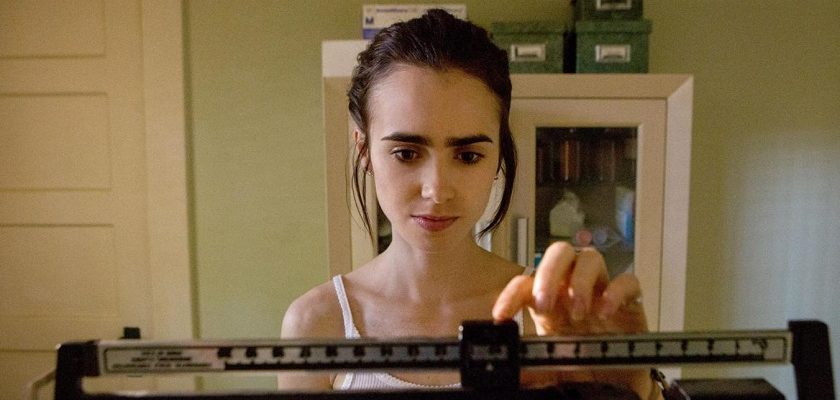Blog
Netflix ‘To The Bone’ stimulates much needed conversation about Eating Disorders
- July 20, 2017
- Category: Blog External Affairs & Policy Of interest from media Stakeholders Uncategorized

Before you continue reading if you are concerned that you or a friend could be suffering with an eating disorder please visit our Public Information page for more information on eating disorders or visit the BodyWhys website.
While controversial and potentially triggering, the recent release of To The Bone on Netflix, a feature length film about a girl battling anorexia nervosa, has stirred up much needed conversation about eating disorders, how they’re perceived, and whether the services in Ireland adequately serve the needs of those who need treatment.
By Mary Hayes
The Department of Health estimates up to 200,000 people in Ireland may be affected by eating disorders, and recent statistics show a rise in teenage girls discharged from hospital with a principal diagnosis of anorexia or bulimia from 47 cases in 2005 to 93 in 2015.
Dr Sara McDevitt, Consultant Child Psychiatrists and member of the Eating Disorder Special Interest Group in the College of Psychiatrists, outlines the complexity of eating disorders and the need for specialised evidence based treatment:
“Eating disorders are serious mental health conditions with high levels of risk. Indeed, Anorexia Nervosa has the highest mortality and morbidity of all of the mental health conditions. The needs of people with eating disorders are complex and it is essential that they can have access to services that provide evidence based treatment, delivered by clinicians who are experienced in working with eating disorders. This includes mental health and medical services, because both mental and physical health are part of recovery.”
Attitudes to eating disorders are also an issue which, according to Dr McDevitt, are “the most stigmatised within the mental health services”. A common misconception is that teenagers with symptoms of anorexia and bulimia will just “bounce back”.
Service provision for those who need treatment for eating disorders in Ireland is also ‘very underdeveloped’, but improvements are on the horizon says Dr McDevitt:
“Ireland is very underdeveloped with regard to dedicated eating disorder service provision at all levels of care, and it has been recognised nationally that this must change. Most people can and do recover from eating disorders when they get the help they need. The HSE and the College of Psychiatrists of Ireland have been working to improve this situation though a collaboration on the development of a dedicated HSE National Clinical Programme for Eating Disorders. This programme includes specialist training for clinicians across the country.”
McDevitt advises if you are concerned about having an eating disorder or about someone you know, you should discuss it with your GP, who will be able to refer you to your nearest HSE Adult or Child Mental health team for further eating disorder assessment.
